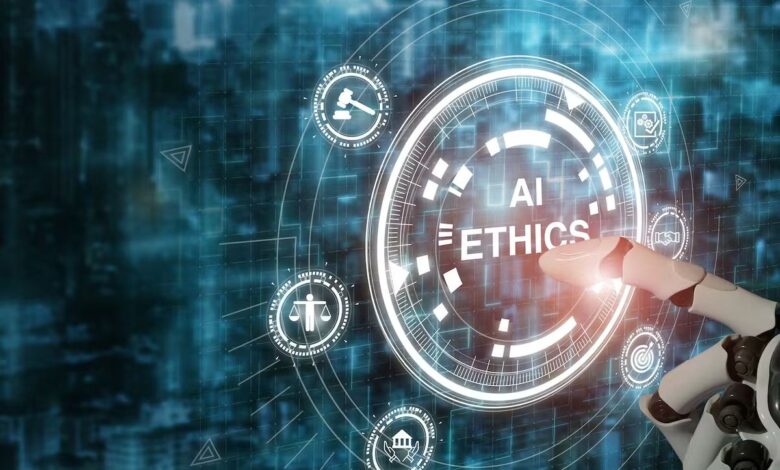Artificial Intelligence and its Impact on Society

Artificial Intelligence (AI) has become a buzzword in recent years, and it has gained immense popularity in the tech industry. AI refers to the ability of machines to learn and perform tasks that would typically require human intelligence. As AI technology continues to advance rapidly, its impact on society becomes more significant. In this article, we will explore the impact of AI on society and how it has revolutionized various sectors of society.
Introduction to Artificial Intelligence (AI)
Before we dive into the impact of AI on society, it is essential to understand what AI is and how it works. AI refers to the ability of machines to perform tasks that typically require human intelligence. This includes tasks such as learning, reasoning, and problem-solving. AI machines learn from the data they are fed and then use this data to make decisions and predictions.
The Impact of AI on Society
Healthcare
AI has had a significant impact on the healthcare industry. AI-powered machines can analyze vast amounts of patient data and medical records to identify patterns and make predictions about patients’ health. This can lead to earlier detection of diseases, more accurate diagnoses, and better treatment plans.
Education
AI has the potential to revolutionize the education industry. AI-powered machines can create personalized learning experiences for students based on their individual needs, interests, and abilities. This can lead to more effective learning and better educational outcomes.
Transportation
AI is already revolutionizing the transportation industry. Self-driving cars are becoming more common, and they have the potential to reduce accidents and traffic congestion. AI-powered machines can also optimize transportation networks to reduce travel time and increase efficiency.
Finance
AI is transforming the finance industry by improving fraud detection and risk assessment. AI-powered machines can analyze vast amounts of financial data to identify patterns and anomalies that may indicate fraud or other financial crimes. This can help financial institutions detect and prevent fraudulent activity.
Employment
AI has the potential to both create and eliminate jobs. As machines become more capable of performing tasks that require human intelligence, some jobs may become obsolete. However, new jobs will also be created to design, build, and maintain AI-powered machines.
Potential Risks and Concerns
While AI has the potential to bring significant benefits to society, there are also potential risks and concerns. One concern is that AI-powered machines may make decisions that are biased or discriminatory. There is also a risk that AI-powered machines could be hacked or malfunction, leading to unintended consequences.
How to Ensure Ethical and Responsible Use of AI
To ensure that AI is used ethically and responsibly, there are several steps that can be taken. First, AI should be designed and developed with ethical principles in mind. This includes ensuring that AI systems are transparent, explainable, and fair. It also means considering the impact of AI on different groups of people, including those who may be vulnerable or marginalized.
Second, there should be clear guidelines and regulations around the use of AI. This includes ensuring that AI systems are used in ways that are consistent with human values and that they do not cause harm or violate human rights.
Third, there should be ongoing monitoring and evaluation of AI systems to ensure that they are functioning as intended and that they are not causing unintended harm. This includes testing AI systems in real-world scenarios to identify any issues and addressing these issues as they arise.
Finally, there should be ongoing education and awareness-raising efforts to help people understand AI and its potential impact on society. This includes providing information about how AI works, its potential benefits and risks, and how to use AI in ways that are ethical and responsible.
Conclusion
AI is a powerful technology that has the potential to transform society in significant ways. From healthcare to education to transportation, AI is already revolutionizing various sectors of society. However, to ensure that AI is used ethically and responsibly, it is essential to consider its potential risks and concerns and take steps to mitigate them. By doing so, we can unlock the full potential of AI and create a more just and equitable society.


